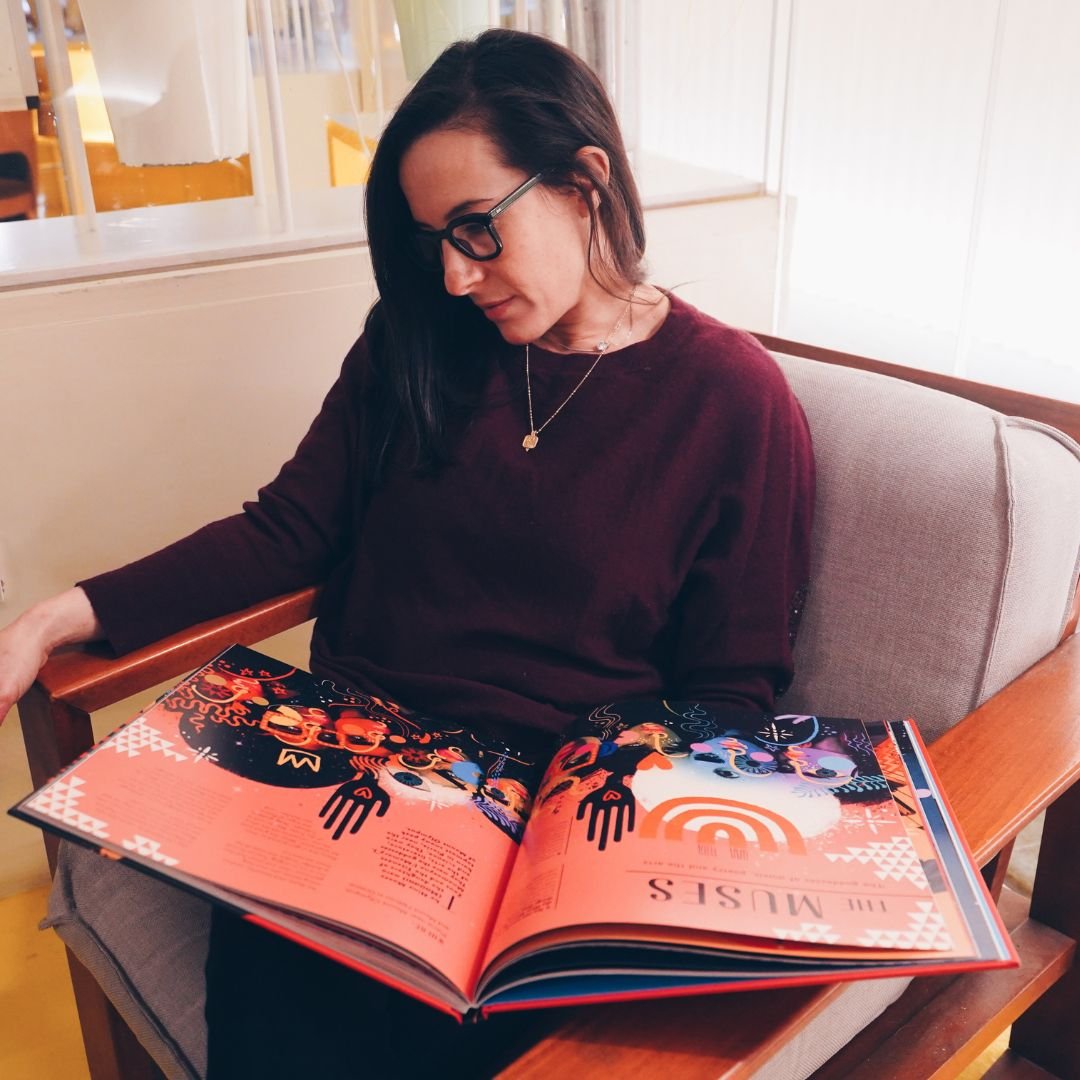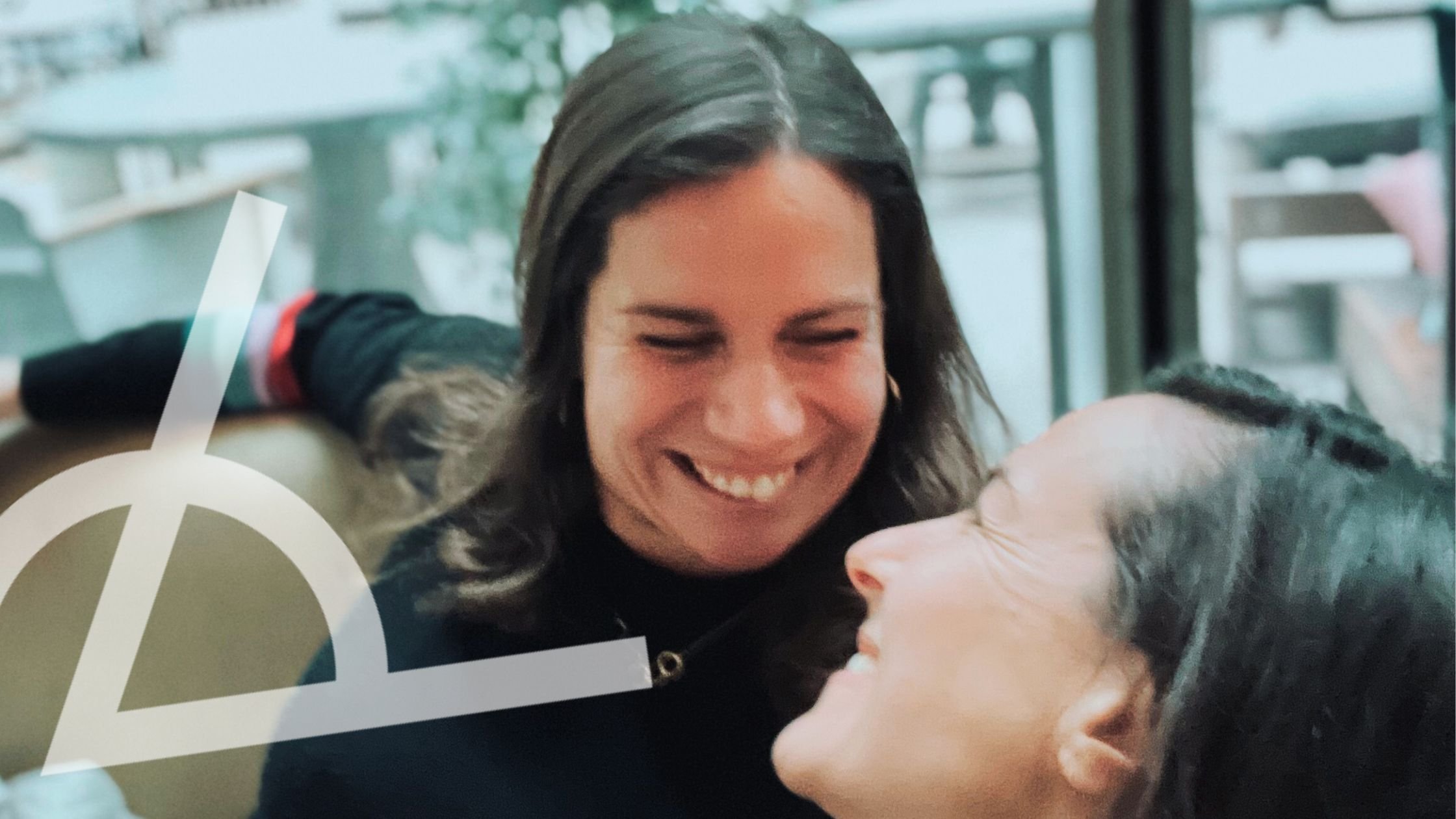Symbolic Meaning
Stories go beyond just plots; they're like secret codes with deeper meanings that can connect us all. Characters and places in stories are like symbols, reflecting our shared human experiences.
When I was creating the look and feel for my brand with Leslie Mello at mellobranding.com, I wanted a way to visualise the tools I use and the way I work with stories.
Leslie came up with a great solution: using symbols from Greek Mythology that represent the gods and goddesses.
Greek myths, like many stories, were more than just tales — they were symbolic reflections of ancient Greek worldview and values, serving crucial roles in their community.
These myths weren't just entertainment; they were a way to make sense of the world, conveying moral lessons, cultural norms, and the human experience.Characters like Athena or Dionysus weren't just strong figures; they embodied virtues and flaws that Greeks could relate to and learn from. The gods and goddesses weren't just divine beings; they represented natural forces and aspects of life. By sharing these myths, the Greeks passed down their cultural heritage, fostering a sense of identity and shared values. In essence, Greek myths were a narrative framework that helped the community navigate the complexities of existence, providing a rich tapestry of symbols that went beyond the surface to convey deeper meanings about life, morality, and the human condition.
So, Leslie created a collection of symbols, each representing a Greek god or goddess that possesses many of the same traits I bring to the table. You will see the full collection we chose, with a brief description and if you want more in-depth descriptions, please visit Symbolikon.com to read more.
I’m really enjoying my new symbol friends, and using them helps me keep my marketing fresh, fun and - hopefully - memorable.
Using stories is about creating connections. 







